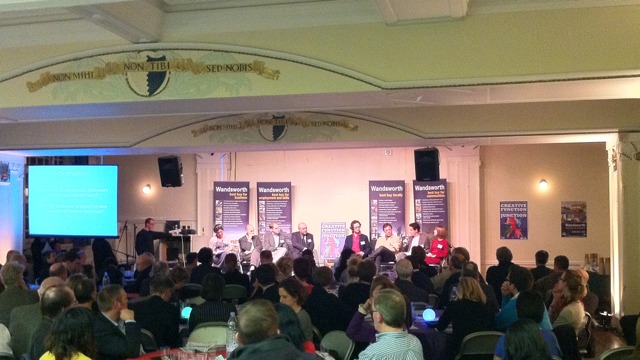 I’ve reflected on being an independent councillor quite a lot since the last council meeting. In many ways the council meeting highlighted and formalised the transition, before things had gone on much as before: people would contact me, I’d raise issues with the town hall, nothing really changed.
I’ve reflected on being an independent councillor quite a lot since the last council meeting. In many ways the council meeting highlighted and formalised the transition, before things had gone on much as before: people would contact me, I’d raise issues with the town hall, nothing really changed.
But the meeting was the point when being independent made a difference. My seat in the chamber moved from the irrelevant margins to a spot I assume was seen by the whip as slightly more marginal. The usual greetings were thin on the ground, although the leader did deign to make strange noises (possibly mocking, possibly intestinal problems) to greet me when I presented the Formula E petition. My votes seemed to attract far more attention than ever before.
I was particularly amused when my vote was the same as the Labour group’s that there were accusations of collusion. There was, perhaps, a misunderstanding of the meaning of independence, but I also assume that if your normality is a group, then you assume everyone’s normality is a group. The truth was we didn’t even coordinate votes as independents.
It did, however, bring home to me that I need to have some clear statement of what I believe and want to do as a councillor. If the main reason I left the majority group was the lack of vision, then it would be a meaningless gesture if I were not to have some clear vision of what I believe the council and I should be doing.
The difficulty is in creating a lucid definition: while the picture is clear in my head, putting it into words is harder. It has concepts of community and society, and perhaps especially enablement. It has degrees of innovation, but without the total control that seems to be required at present. Transparency is important, but perhaps goes further, and has a degree of almost open source government where people have the right and the power to see if they can change things.
I recognise I’m not in much of a position to effect change (although an example from another part of my life has reminded me that when you set challenging goals, you often surprise yourself by exceeding them) but I obviously have total control over how I work as a local councillor and that is a role in which I still know I can make a big difference: the first task is deciding how.


